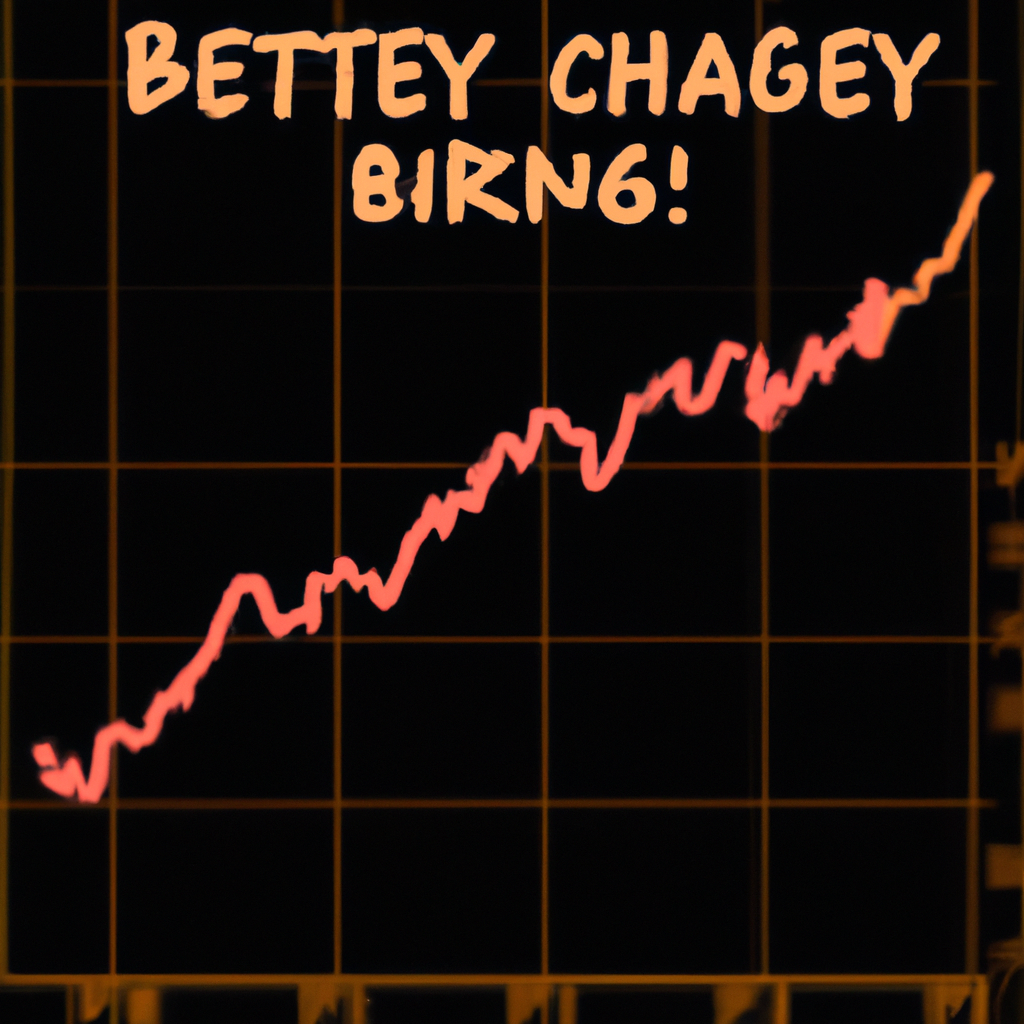
(Business Insider) — “Fantastic!” That’s the sarcastic reaction of one deep web dealer after losing $1,000 in a single night due to this week’s catastrophic Bitcoin price crash.
The virtual currency has been declining in value for all of 2014, but it began 2015 particularly badly — losing 30% of its value in a matter of days. At the time of writing, the cryptocurrency is sitting relatively stably around the $205-mark. But it’s a level not seen since the end of October 2013, and well below its $350 valuation just a month ago.
The price drop has had a damaging impact on the mainstream Bitcoin economy. One mining operation has already been forced to temporarily close its doors because it’s no longer profitable. Other businesses are being forced to sell off Bitcoin reserves in order to stay afloat — risking driving prices down further.
But that’s just legitimate businesses. Bitcoin’s growth has been built upon far more nefarious uses — chief among them: buying and selling drugs online. And it turns out drug dealers are freaking out about the price crash just as much as everyone else.
Drug dealers and their customers have spent days lamenting over the decline using forums accessible only through anonymising software Tor. “Out a couple of thousand over this,” writes one dealer. “Bad f—ing time to start up. I really hope it bounces back and stays there. I can’t believe how fast they’re dropping. $330 to 280 to 220 in just a few weeks. Bye bye profit.”
“I am losing losing 10-20% on all orders in escrow now!” says another. “Make that 30%!!! There goes all profit! FML.”
Deep web markets almost exclusively accept Bitcoin as payment, and typically adjust prices automatically to account for Bitcoin’s fluctuations. The customer will always pay the same dollars-worth of Bitcoin, the amount varying depending on the exact price of the virtual currency at the time of purchase.
It means that if a vendor makes some big sales, and then the price of Bitcoin plummets before they cash out, they can find their profits slashed, or even losing significant amounts of money.
This article originally appeared in Business Insider and has been republished here for our readers. Log in below using your favorite social network and weigh in on the discussion.






